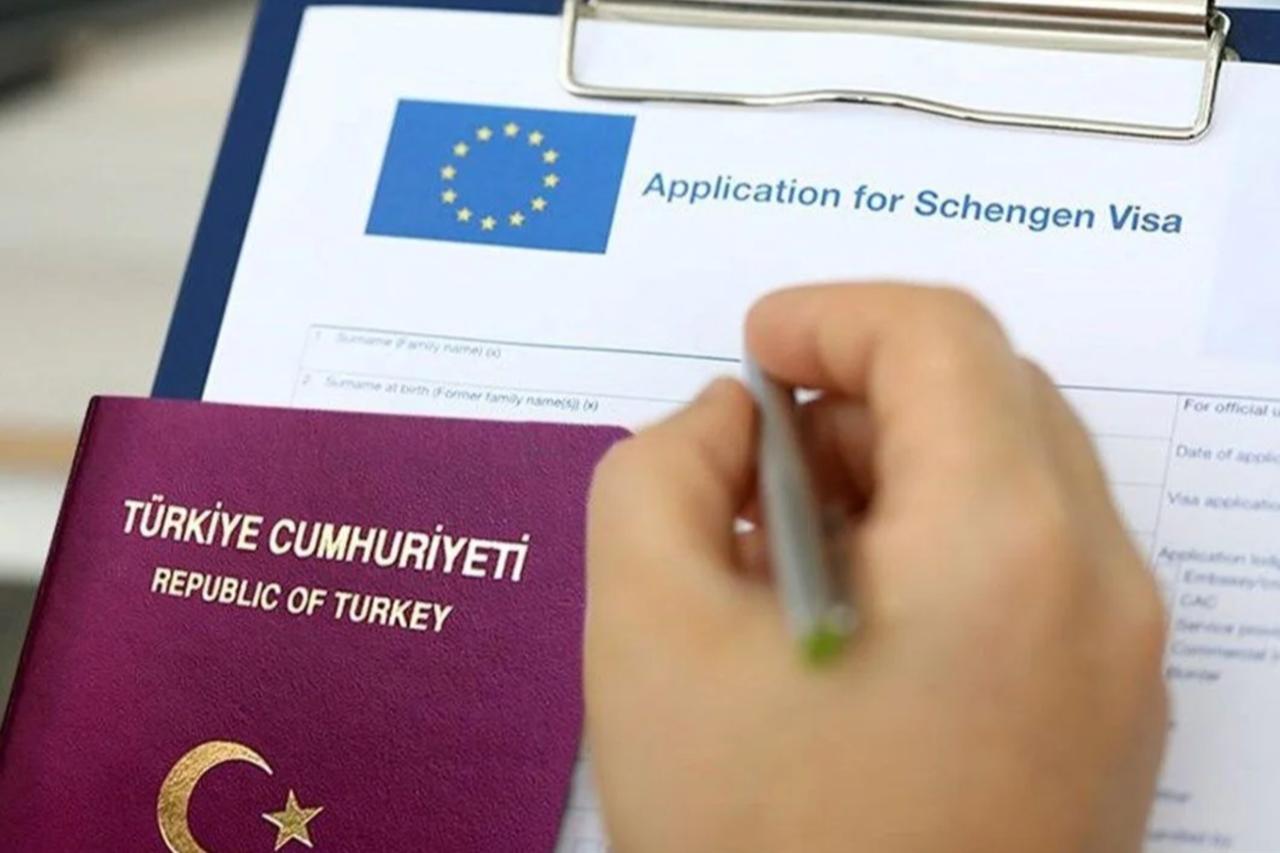
As growing numbers of Turkish students are accepted into universities and exchange programs abroad, many are finding themselves stuck in a worsening visa crisis that risks derailing their academic futures. The Association of Overseas Education Consultants (YEDAB) launched a national campaign titled “I Want My Student Visa Now” to raise awareness of systemic delays and demand urgent reforms.
According to YEDAB, thousands of Turkish students gain admission each year to undergraduate, postgraduate and Erasmus programs—Europe’s flagship academic exchange initiative. However, most face lengthy delays and limited access to visa appointments, leaving many unable even to begin their application process. In many cases, this results in canceled flights, forfeited scholarships and missed university enrollments.
According to Hurriyet, what began as individual setbacks has evolved into a structural issue. YEDAB stresses that this is not simply a case of administrative backlog, but a full-blown systemic crisis impacting Türkiye’s international academic mobility.
The most critical issues have emerged in visa processes for Germany, Italy, the Netherlands, Spain and Poland. Students report long wait times of between two to four months for appointments, difficulty in reaching official intermediary institutions, and unclear guidelines for document submission. YEDAB estimates that around 10,000 Turkish students are accepted into Erasmus programs each year. In addition, Germany receives around 18,000 applications annually from Türkiye, while Italy receives more than 6,000.
Despite this strong demand, a significant portion of students cannot proceed due to appointment gridlocks. Even those with full government or institutional scholarships often miss out, unable to secure a visa slot on time.
As the demand for appointments surges, a wave of visa scams has begun targeting desperate students. YEDAB warns that fraudulent “visa agents” have started exploiting the backlog, posing as officials from intermediary institutions and requesting unauthorized payments.
A recent incident in Istanbul involved two university students who were contacted by individuals claiming to represent iDATA, the only authorized agency for German and Italian visa applications. The students were directed to submit payment receipts and forms totaling ₺7,940 (nearly $200). After transferring the funds, their calls were blocked. iDATA has issued an official warning and reminded the public to avoid unofficial sources and to verify credentials before making any payment.
YEDAB Chair Osman Yilmaz told Hurriyet that visa appointments in many European countries are “as rare as gold.” He added that last year, nearly 1,000 students lost their university placements simply because they couldn’t secure appointments. “We don’t want this to happen again,” he said, urging students to be cautious about unofficial agencies and false search results online.
As part of the campaign, YEDAB has outlined four key measures that should be taken:
By taking these steps, YEDAB hopes to ease the pressure on Türkiye’s growing student population looking to study abroad, and to prevent future academic disruptions.